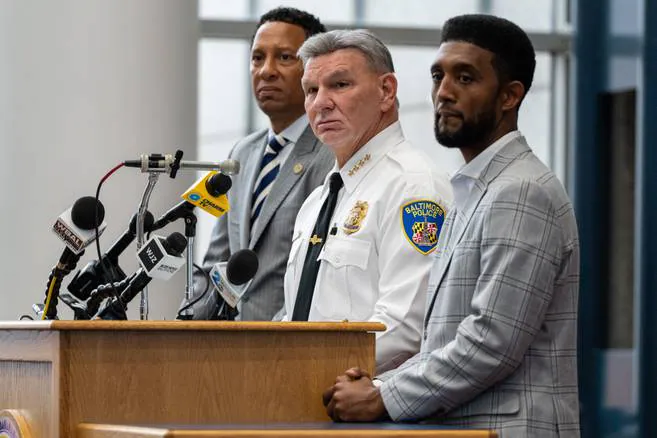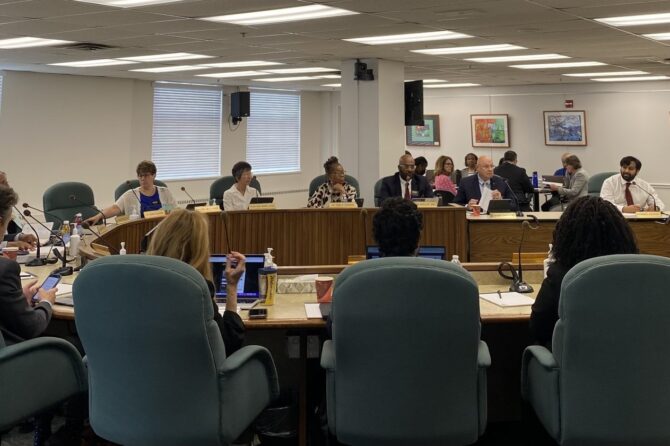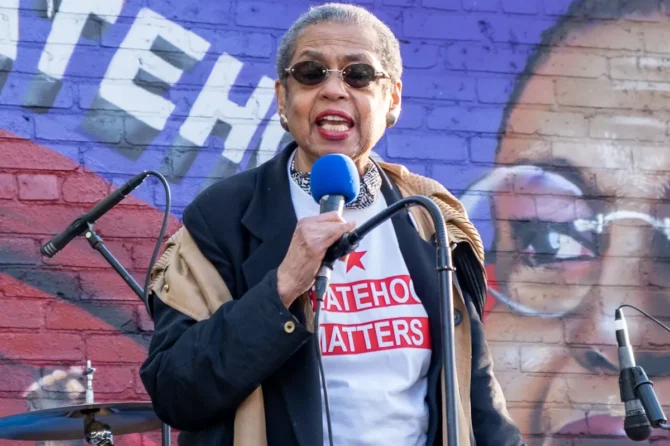BALTIMORE SUN: The number of Baltimore Police Department arrests lacking in “probable cause,” or a legally sound and properly documented reason to arrest someone, has dropped significantly in recent years, a recently released independent audit found.
The findings came from the latest assessment by the Police Department’s independent monitoring team, part of its federal consent decree that dates back to 2017. The report, focused on arrests lacking probable cause, found that the rate of improper arrests dropped from 10.4% to 4% in two random samplings of 200 cases in 2019 and 2021. It attributed the difference to the department’s revised policies and training procedures, which went into effect in between the two samplings.
A closer look at the improper arrests found that when the arrests did lack probable cause, they appeared to be “due to unintentional errors, rather than as part of a broader strategy to make arrests, even if unsupported by probable cause, as a means of reducing crime,” the report said.
The independent assessment adds weight to the argument made frequently by city leaders such as Mayor Brandon Scott and Police Commissioner Richard Worley: that the reductions in fatal and nonfatal shootings have come as police officers have moved beyond the “zero tolerance” strategies of the past, which included “clearing corners” and arresting swaths of people without proper cause.
It also represents a bright spot in the Police Department’s efforts to come into compliance with the consent decree, enacted in the wake of a 2015 U.S. Department of Justice investigation into policing practices that was spurred by the death of Freddie Gray, who died from injuries sustained while in police custody.
In other areas of the consent decree, much work remains to be done. The report noted that its examination of improper arrests fell under the larger category relating to all stops, searches and arrests.
The Police Department has had a history of not properly documenting those activities, and it has lagged in producing data on stops and searches — a delay it attributes to issues with a private vendor overseeing its electronic records system used to capture the data.
“The department has made changes to its policies to include such documentation, but its work implementing those changes is still in process,” the report said.









